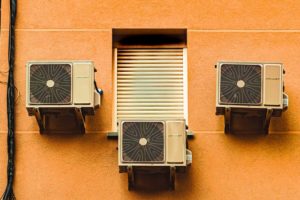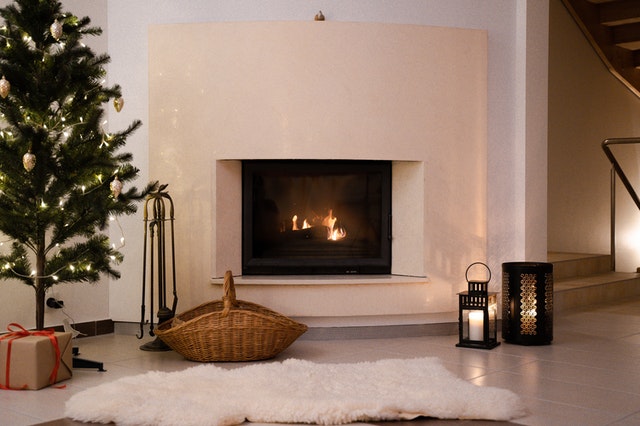The HVAC systems in a rental property are essential for the health and comfort of the people who live in that home. Without adequate heating in winter and cooling in summer, a rental would be completely uninhabitable. By law, it is the landlord’s responsibility to provide adequate heating needs for the rental property. Although it is not the landlord’s responsibility to provide air conditioning, many landlords will install A/Cs, to make their rental more attractive to tenants.
However, after a landlord provides the home’s HVAC, who assumes the responsibility for servicing and maintaining the systems? Does the landlord, as the owner of the systems, retain the role of looking after the equipment? Or can they shift this burden to renters, given that tenants are the ones who enjoy the benefit of the HVAC? These questions are a common source of conflict between property owners and tenants.
The Importance of Maintenance
How landlords approach HVAC system maintenance matters for three reasons:
- It impacts the long-term comfort and happiness of the people who live on the property. A wrong maintenance approach could lower the quality of the rental.
- It determines how well the HVAC systems perform. An inadequate maintenance arrangement could result in neglect and costly repairs or replacements.
- It could play a role in how profitable the landlord’s rental property business is. Poor service delivery and unhappy tenants equal lower profits.
HVAC maintenance in a rental property; how to solve the problems
Three primary HVAC maintenance models exist for most rental properties. But before we talk about these three models, there are two base rules that every landlord must know. These are timeless maintenance guidelines that apply across the board and maybe acceptable regardless of the peculiarities of a rental property. They are:
- Any damage to the HVAC systems due to natural forces or wear and tear is the landlords’ responsibility. These include all problems outside the tenant’s; the damage did not occur due to something the tenant did or didn’t do. In such situations, the damage is the landlord’s to fix.
- Conversely, tenants will pay for all damages to the HVAC systems that result from their negligent or malicious actions. These include the responsibilities that the tenants did not perform to protect the HVAC.
 These guidelines are fair and you can modify it to suit whichever HVAC maintenance model.
These guidelines are fair and you can modify it to suit whichever HVAC maintenance model.
What are the three HVAC maintenance models?
This model absolves the tenant of all responsibilities; the property owner takes complete responsibility for resolving all issues with the systems. Landlords can charge the tenants a flat rate for the HVAC service and maintenance. It is usually built into the rent or service charge for the property.
This model is often used in homes where it is easy for the owner to calculate how much energy the HVAC systems in a tenant’s home, office, or shop use. It is the preferred model for multi-unit complexes where the rate of HVAC use is not variable. Also, it is the most convenient HVAC maintenance model from the tenant’s viewpoint.
 Shared or limited responsibility
Shared or limited responsibility
This is the most popular HVAC maintenance model. There are a couple of ways landlords assign HVAC maintenance responsibility under this model, but they both involve each party playing a role. One alternative is to set a maximum annual dollar amount that tenants can pay for HVAC maintenance.
Once this amount is reached, all other costs will be borne by the landlord. A second approach is to assign all maintenance and repairs to the tenants, while landlords retain responsibility for all replacements. However, landlords may request to see the maintenance records to ensure that tenants are performing their responsibilities.
Tenants take full responsibility
This model is the least common, and tenants perceive it as the most burdensome. In this model, the tenant is completely responsible for the servicing, maintenance, and the replacement of parts or the entire unit.
Naturally, this is the model most landlords favor. But tenants try to avoid it because even when they buy new HVAC systems, the equipment belongs to the landlord. You can use this model in circumstances where a tenant wants to maintain as much control as possible over the HVAC systems.
In conclusion, there is no best method for approaching HVAC maintenance in a rental. Landlords and tenants will have to talk to one another to agree on what works for both parties.

